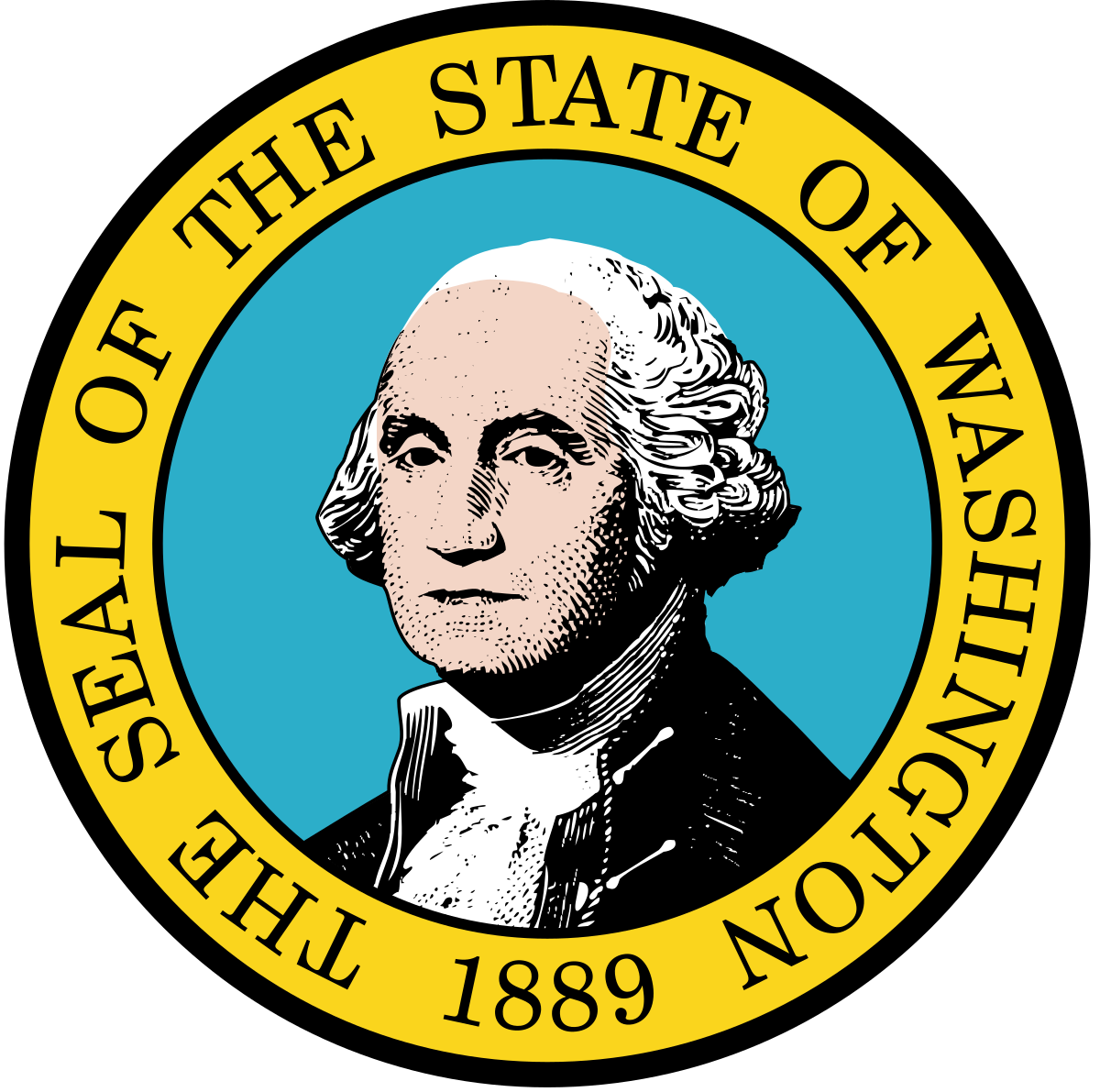On May 15, 2021, Washington Governor Jay Inslee turned down a bill passed by lawmakers in both houses in April that would have required all passenger vehicle sales to be electrified by 2030. The bill states the requirement is contingent upon the completion of comprehensive assessments of the impacts of this transition and on the state implementing a tax on vehicle miles travelled. This amendment was the sticking point for the governor, who supports the target but does not believe it should be tied to road funding mechanisms. This activity follows similar commitments in California and Massachusetts which set a goal of 2035 to reach 100 percent zero emission passenger vehicle sales. Public officials in New Jersey have also recommended that the state follow suit and adopt a goal of their own.
These commitments could become more common as states participating in the California-led ZEV program continue to adopt new regulations to accelerate EV and EV charging deployment. Washington was the 12th state to join the ZEV program in early 2020 and since then, Virginia has also opted to join. Also on April 15th, New Jersey announced the formal process by which it plans to implement a version of California’s Advanced Clean Trucks Rule, which sets increasing EV sales thresholds across all van, bus, and truck classes. New Jersey was one of 15 states that adopted the Multi-State Medium- and Heavy-Duty Zero Emission Vehicle Memorandum of Understanding in July 2020. The MOU sets a target to electrify all medium- and heavy-duty sales by 2050 in participating states.
